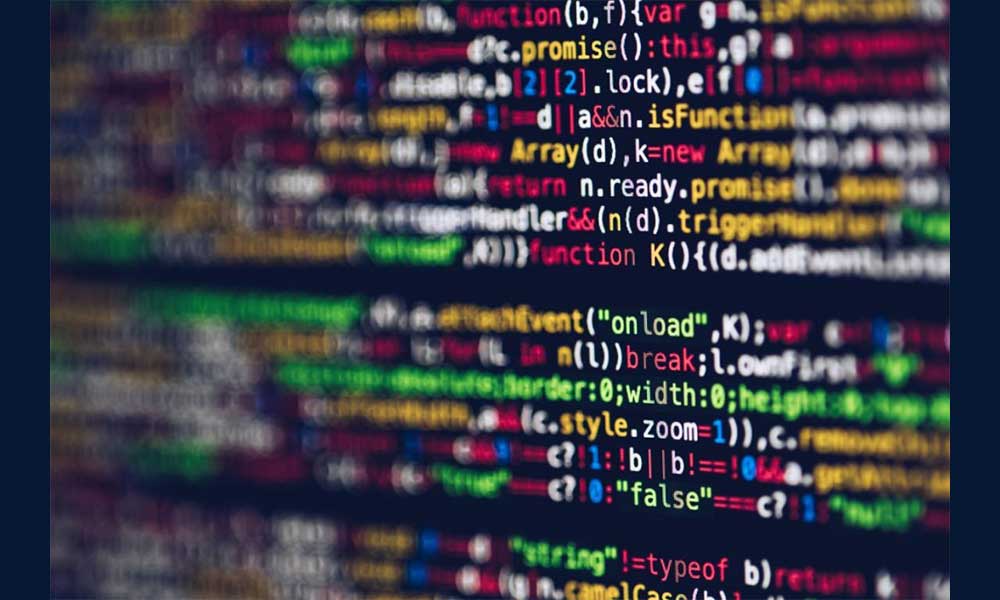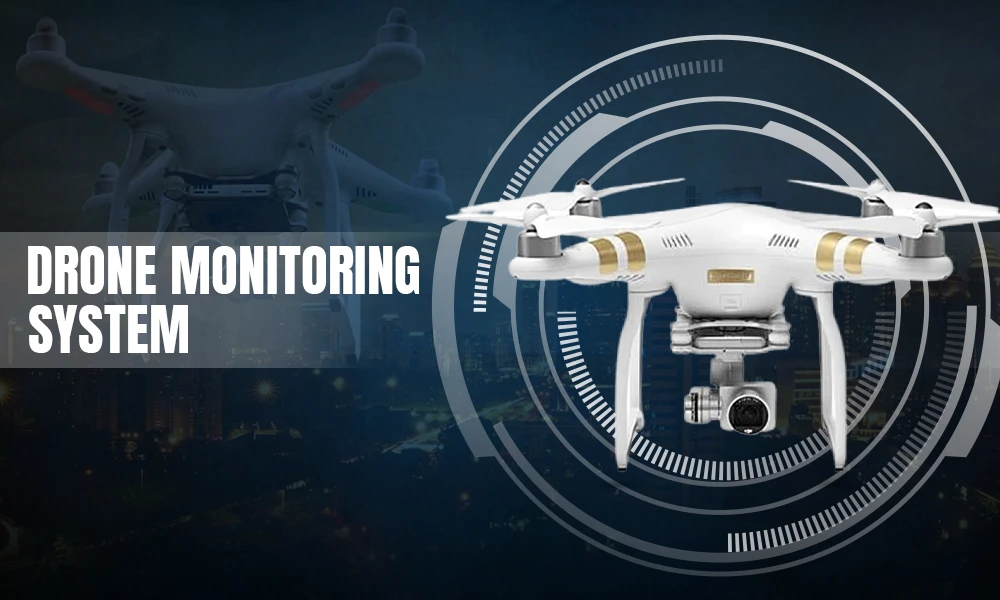Data Analysis: What It is and Its Demand Today

In today’s world, data is the most expensive commodity. Companies pay millions to get access to data. It helps them reach out to their target audiences, create products that are likable by many, and build traction with their marketing strategies. The way they do this is a science in itself.
What IS Data Analysis?
While we are quick enough to press ‘I Accept’ to any Terms & Conditions or Privacy Policy prompt, companies take these things very seriously. They do this because they are the ones who would ultimately make use of your data. One glance at the policies you have given your nod to, and you will see where your data goes.
In its purest sense, data analysis is the science of using statistics and logic to evaluate patterns from raw data. While raw data can be of any particular nature, the way it is translated to make sense of social conditions makes all the difference.
A common example here is that if you are looking at data about people searching for a certain television show, raw data would tell you how many entries were logged for a certain search term. However, if the data goes through certain algorithmic processes, you would see how many people from a certain country searched for that television show and where else it is popular. While this tells you about audiences in various countries, it can certainly be helpful for the creators of those television programs.
Why is It in Demand?
Digitization is correlated with the demand for data analysts all over the world. For instance, if there are more digitally-active users in Chicago than in Morgan City, the need for data analysts in Chicago increases exponentially.
Companies located within a territory would want to engage with local consumers. This can help media companies understand what content their audiences are looking forward to and what demographics they are catering to.
This, in turn, helps advertisers push the right ads to these people. If you are shown ads that cater to your interests, you are more likely to click on them. This helps those advertisers sell their products to you, and you get the things you like.
However, it is rarely that simple, as sometimes advertisers target a simple impulse to sell you their products. Not every want is a need, and if your impulses take the best of you, you fall into their trap. This is precisely why multiple companies advocate for anonymous data collection to protect individual privacy.
Which Fields is This Applicable to?
Data analysis can apply to many fields. It is a vast discipline in itself, rooted in the desire to make sense of raw data. Therefore, the applications can vary from region to region, depending upon what interests it serves. Not all of these have to be greedy corporate interests. Sometimes social workers and government agencies depend on data analysis as well.
Therefore, we have compiled a list of disciplines where data analysis can be applied.
1. Healthcare
Data analysis can help the healthcare department create a map of diseases prevalent in a certain area. As more and more data is collected and routinely analyzed, these agencies and their attached departments can create explanatory patterns to highlight how and when a certain disease spreads in a locality.
2. Military
Data analysis can help the military improve its efficiency. It can also help in preparing for possible attacks in advance. Moreover, if the right information is there and accurate statistics are entered into the system, it can help formulate a precise strategy. In essence, responses based on mapped patterns can be highly-accurate.
3. Industries
Industries can use data analysis to create products that cater to their customers rather than bulk producing things that no one would buy. This, in turn, allows for a more successful business strategy as you are producing things that are guaranteed to sell rather than waiting for customers after introducing a new product.
4. Education
Data analysis can help students react to certain teaching methods in education. An easy way to collect data here is through surveys. While these surveys can be anonymous, they can still point towards various lingering patterns. This allows educators to make the right decisions.
5. Transportation
This primarily applies to the public transport sector. Data analysis can be used to log how many people travel from one station to another station. This can allow authorities to chalk out an effective travel plan to ensure that there are no blockades. Moreover, it can prevent overcrowding at terminals. It can further enable them to introduce new features in places where they are needed the most.
6. Traffic Management
A bit similar to the previous point, but data analysis can be used to create an effective plan for managing traffic. This can be useful in areas where traffic congestion is a norm. Through data analysis, city authorities can see the patterns that lead to gridlocks and provide alternative routes to keep the traffic flowing.
7. Enhanced Policing
Data analysis can help the police force control crimes. The police can use data to map the highest crime rate. This, in turn, can help them deploy as many personnel as needed to curb crime in those areas.
8. Delivery Services
Delivery services can be enhanced through data analysis. Delivery companies want to deliver products on time, and they can make use of associated services. For instance, if a company wants to cut delivery time, it can map out the best routes along with their respective times.
9. Budgeting
Data analysis can help you budget your expenses. Taking stock of your spending habits and the inflow of money can help you formulate an effective budget. This will not only help you save money, but it will also help you track how you spend. You can then make adjustments to your spending habits as well.
As you can see from the points mentioned above, data analysis can be quite useful in today’s world. There is a reason why it is in demand because various companies depend on the interpretation of data in the wild. If you would like to become a data analyst yourself, there are many online programs and conventional degree programs you can enroll yourself into.
Next, can read: 10 Ways to Make Loads of Money With Data










